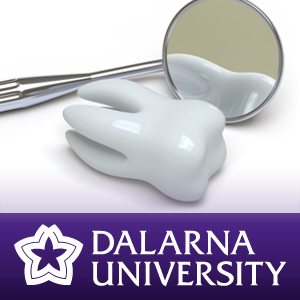Education
Kerstin Öhrn, Professor, PhD, RDH, School of Health and Social Studies, Dalarna University This presentation will cover factors of importance to consider when providing oral health education. The presentation is based on a large randomized controlled trial (RCT). The overall objective with the RCT was to develop and evaluate an individually tailored oral health educational program based on behavioral medicine approach in non-surgical treatment of patients with periodontal disease. A further objective was to determine factors of importance for predicting oral hygiene behavior and empirically test the extended Theory of Reasoned Action and the prospective direct and indirect role of its components. The participants (n = 113) completed a questionnaire at baseline and after 3 and 12 month allowing for analyses of predictors. The questionnaire was based on previously published instruments and adapted specifically to interproximal cleaning. Structural equation modeling was used to assess whether the model was an acceptable fit to our data, which is was on all of the a priori indices. The model demonstrated that self-efficacy, gender and the individually tailored oral health educational program were important predictors of oral hygiene behavioral change and gingival health. For further reading: http://www.ncbi.nlm.nih.gov/pubmed/22145743 Factors influencing oral hygiene behaviour and gingival outcomes 3 and 12 months after initial periodontal treatment: an exploratory test of an extended Theory of Reasoned Action. Jönsson B, Baker SR, Lindberg P, Oscarson N, Ohrn K. J Clin Periodontol. 2012 Feb;39(2):138-44. doi: 10.1111/j.1600-051X.2011.01822.x. Epub 2011 Dec 6. PMID: 22145743 [PubMed - indexed for MEDLINE]

